Sen. Bam: PH start-up bill is passed by Senate
A measure that seeks to empower and encourage Filipino innovators and entrepreneurs to build better solutions for the nation was approved by the Senate on third and final reading, according to its principal author and sponsor Sen. Bam Aquino.
Via an overwhelming 18-0 vote, Senate Bill No. 1532 or the Innovative Startup Act was approved by the Senate, bringing it closer to becoming a law.
“This is great news for our innovators and entrepreneurs! We’re one step closer to giving them the support they deserve,” said Sen. Bam, chairman of the Committee on Science and Technology.
“It isn’t easy building a successful start-up, specially in the Philippines. Still, they find ways to bring better solutions to problems in transportation, healthcare, agriculture, and other industries. Tama lang na tulungan sila ng gobyerno,” added Sen. Bam, a former social entrepreneur.
If enacted into law, the measure will provide support to innovative and tech startups, which pertain to businesses that provide unique and relevant solutions to pressing problems, such as transportation, financing, agriculture and healthcare.
“Our country has a number of promising start-ups and we need to provide them with the environment where they can grow and succeed, just like what their counterparts in other countries like United States and Israel are enjoying,” said Sen. Bam.
If enacted into law, innovative startups will enjoy benefits such as tax breaks and grants and other forms of assistance, including a faster process for business registration.
Innovative start-ups could also avail of technical assistance and training programs, use of equipment, facilities and support for patenting or licensing of their product through the Intellectual Property Office of the Philippines.
The measure also includes a P10 billion Innovative Startup Venture Fund that entrepreneurs can apply for.
Sen. Bam is an advocate of start-up, micro, small and medium enterprise (SMSME) development. During the 16th Congress, he passed the Go Negosyo Act, the Youth Entrepreneurship Act and other laws to empower local businesses.
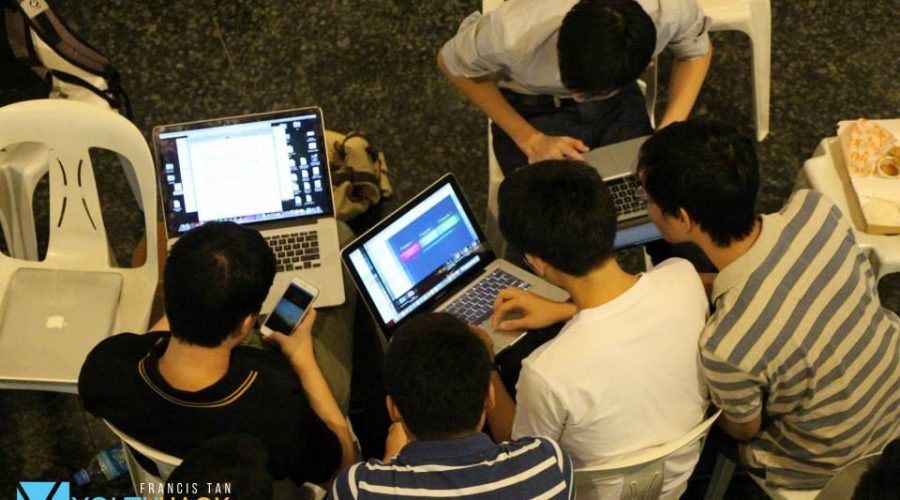
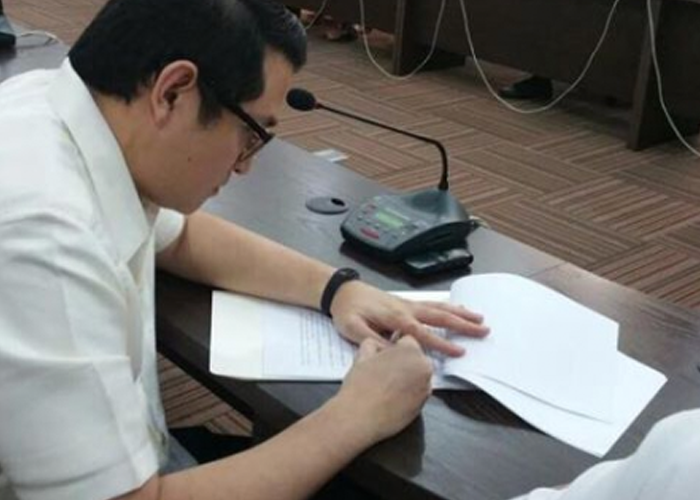
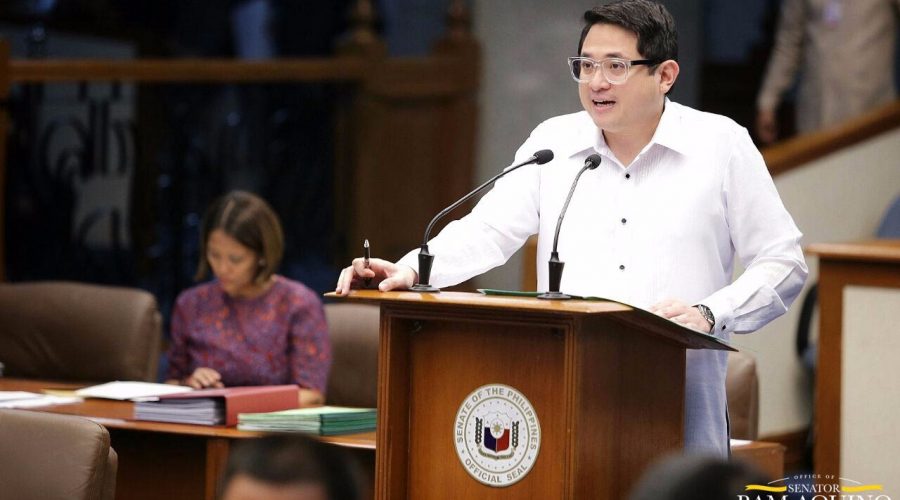


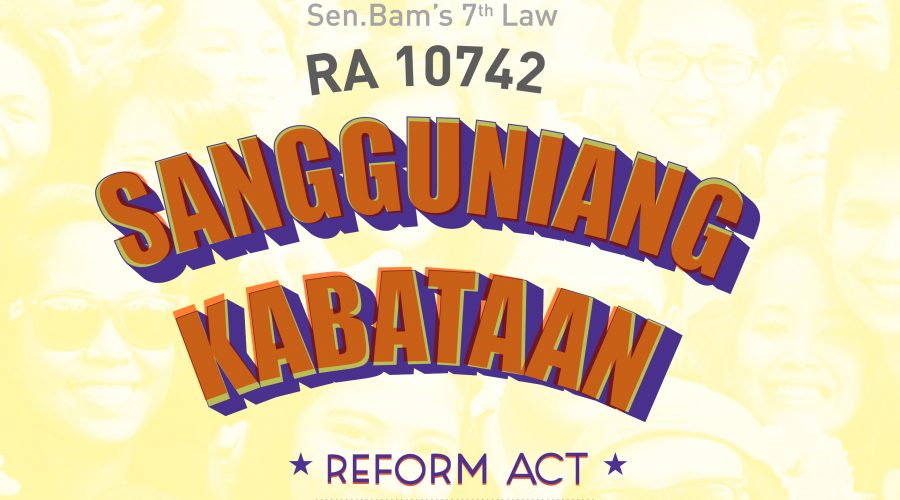
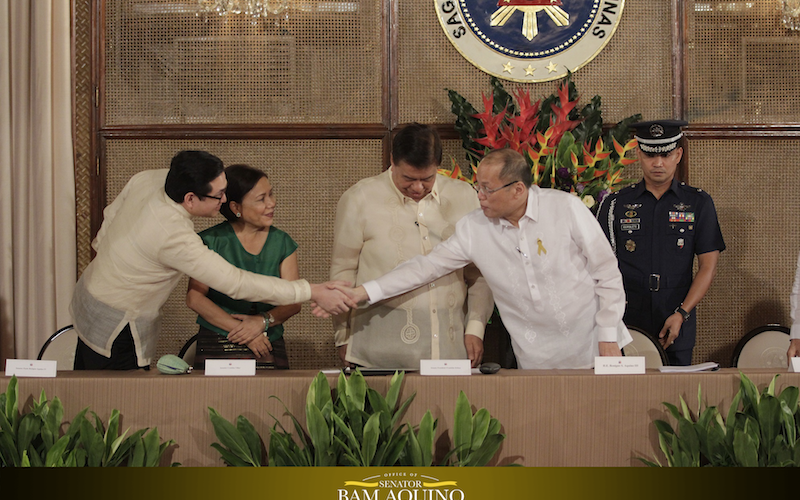
Recent Comments